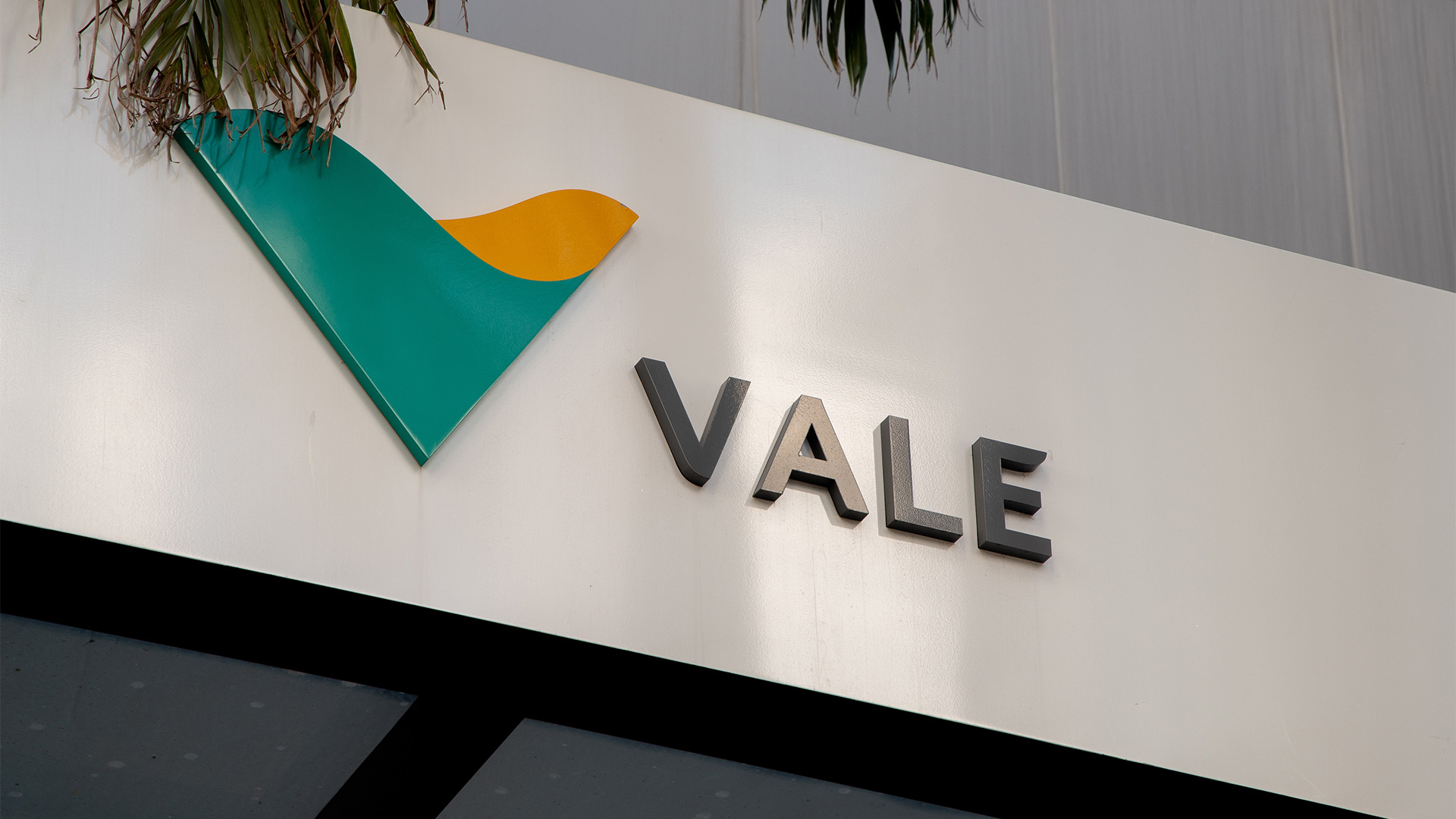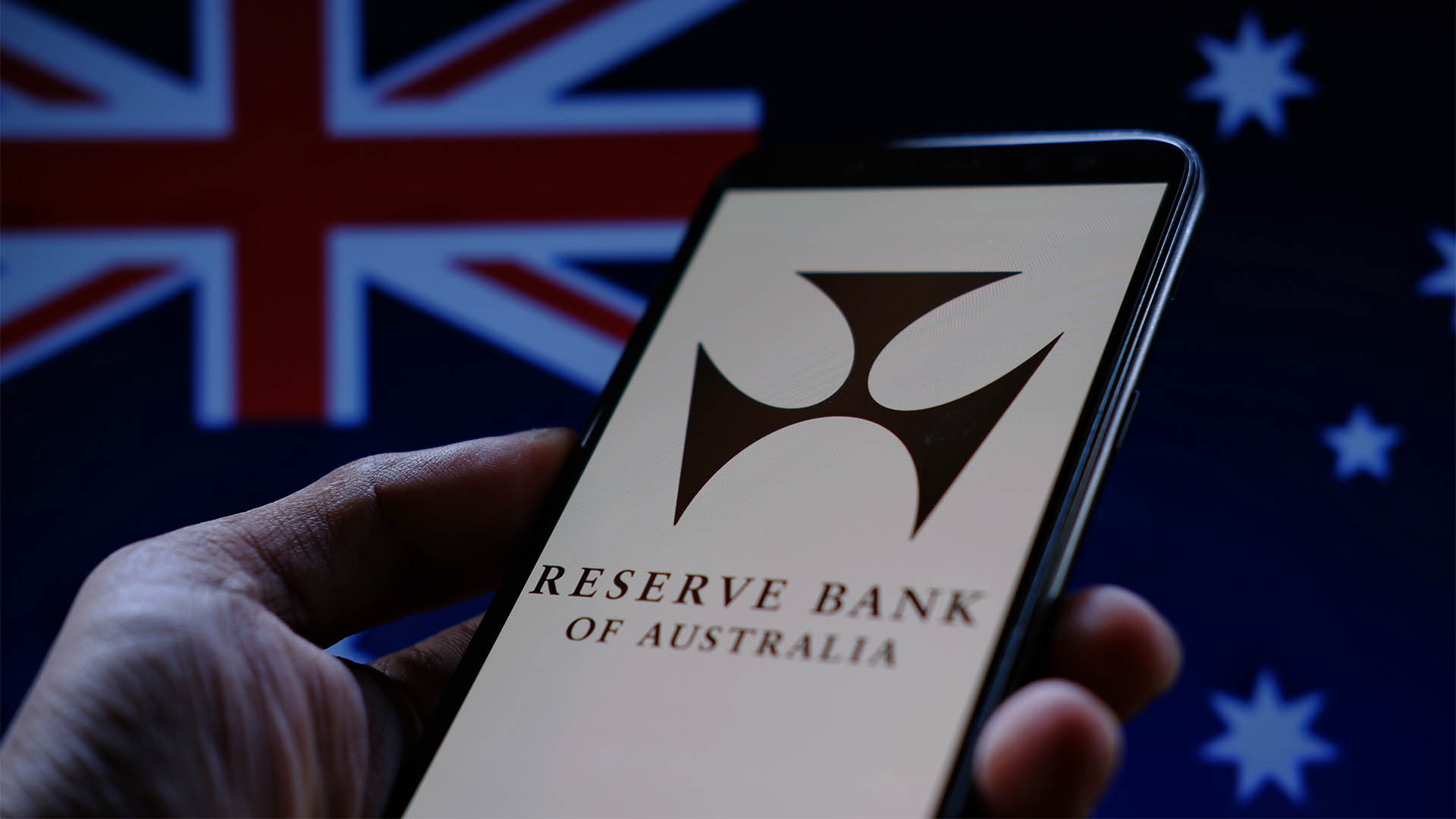Wall Street ended at new highs as investors accepted the long-awaited decision from the US Federal Reserve to start tightening monetary policy by reducing its bond buying (Quantitative Easing) program, starting this month.
The decision has been widely expected now for more than a month and the only question of when the tapering would start 0 December, as many has originally forecast, or November once the market had seen recent solid data for the economy.
The news bolstered share prices (but not most commodities which eased, though oil fell sharply for other reasons).
For the third session in a row the S&P 500, the Dow, the Nasdaq 100 closed at their all-time highs.
The Dow rose 104.95 points to 36,157.58, after being down more than 160 points earlier in the session, and closed at a new record. The S&P 500 added 0.65% to 4,660.57 to a new all-time high. The Nasdaq jumped 1% to 15,811.58 and closed at a record.
This is the fourth session in a row that all three major averages closed at new highs.
The Russell 2000 rose 1.8% to 2,404.28 and notched a record close. The small-cap benchmark is up 4.7% this week. The uS dollar firmed against the yen and lost ground against the Aussie dollar which was around 74.50 US cents in early Asia.
The ASX 200 futures market was forecasting another solid start to the session with a rise of 37 points pencilled in from overnight trading Wednesday.
US bond yields rose with the yield on the 10 year security around 1.61% in early Asian trading on Thursday.
“In light of the substantial further progress the economy has made toward the committee’s goals since last December, the committee decided to begin reducing the monthly pace of its net asset purchases,” the Fed said in a statement released.
The Fed has been buying $US120 billion in mortgage-backed securities and Treasury bonds each month to keep cash flowing through the financial system, but will reduce that by $15 billion per month starting this month.
If that doesn’t change, QE will end by the middle of 2022 when the focus will concentrate on the timing of the first rate rise. That’s if there are no more disruptions cause by Covid Delta.
The Federal Funds Rate (The Fed’s version of the RBA’s cash rate) remain at a record low, assuming inflation doesn’t rise and shows further signs of moderating in coming months.
The Fed has made it clear it sees the current high inflation in the US as being ‘transient’ or temporary.
Fed chair, Jay Powell told a media conference after the meeting that inflation should fade, though when supply chain disruptions will ease is uncertain.
“We understand the difficulties that high inflation poses for individuals and families,” he said, noting also that “our tools cannot ease supply constraints.”
Because inflation is expected to fade, he said that the Fed can probably wait to raise interest rates. But if conditions surprised policymakers, they would respond.
“We think we can be patient,” Mr. Powell said. “If a response is called for, we will not hesitate.”
(RBA Governor, Philip Lowe also used the word ‘patient’ in his post meeting statement and media conference to describe the central bank’s current policy stance).
The Fed has previously said that while price increases have been rapid lately, it had been expected that this burst of inflation would fade, but that view was toned down in the latest statement.
They had said that factors causing elevated inflation were transitory, but updated that language to say that the drivers were “expected to be” transitory, a small change that acknowledged growing uncertainty.
“Supply and demand imbalances related to the pandemic and the reopening of the economy have contributed to sizeable price increases in some sectors,” the statement added.
In his media conference, Mr Powell made it clear the central bank would be clear in signally a change of pace in the tapering: He said the Fed would be “very transparent” if it should decide to speed up or slow down the pace of the tapering process. “We wouldn’t want to surprise markets,” he said.













